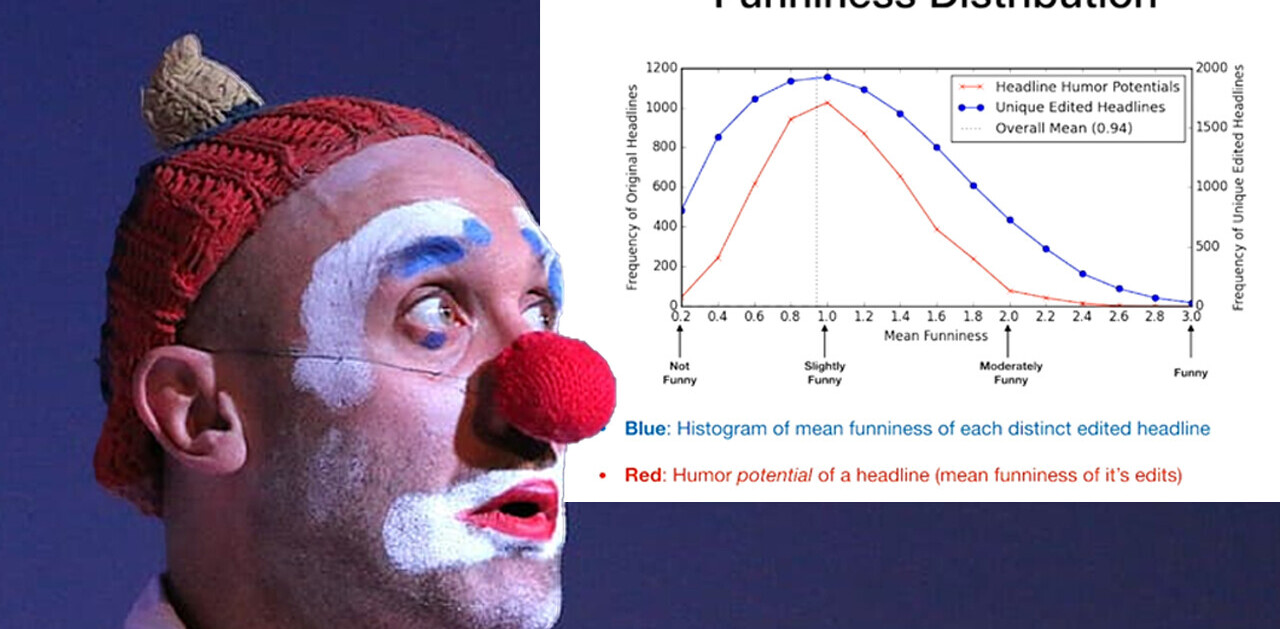
In what could be described as a classic ‘David vs. Goliath’ court case, Microsoft’s Goliath has lost out to i4i‘s David in a long-running patent case.
As reported in Reuters today, the Supreme Court has thrown out Microsoft’s appeal and found that it did in fact infringe on the small Canadian firm’s software patent. This was the final course of action for Microsoft, having lost in two other lower courts over the past few years.
It seems that the justices upheld the previous rulings that went against Microsoft, and the verdict was unanimous. The battle started way back in 2007, and given the amount of money the case was worth, it’s not surprising that Microsoft has chosen to fight this long.
The $290m suit aside, this could now change the course of patent laws in the US forever and it will probably set a precedent in terms of how exclusive technology patents are protected.
The main contention so far has related to custom XML-related patents in some versions of Microsoft Word. In fact, you may also remember that in a previous ruling Microsoft was ordered to stop selling Word versions 2003 and 2007, though it later succeeded in having this overturned. This could have had massive implications for Microsoft, given that Word is one of its flagship products.
It now seems clear that Microsoft did in fact use i4i’s technology. And to quote i4i’s chairman Loudon Owen: “Why have a patent if it’s useless?”
A very good question indeed, and it’s one that’s currently being asked by countless companies across many digital sectors.
It really isn’t all that often that a major company has the carpet pulled from underneath it, so it will be very interesting to see what happens now. Will Microsoft Word be pulled altogether? I doubt it. Will it have to alter the offending XML elements? Maybe. Whatever happens though, this is a big outcome that could reverberate far and wide.
Get the TNW newsletter
Get the most important tech news in your inbox each week.




